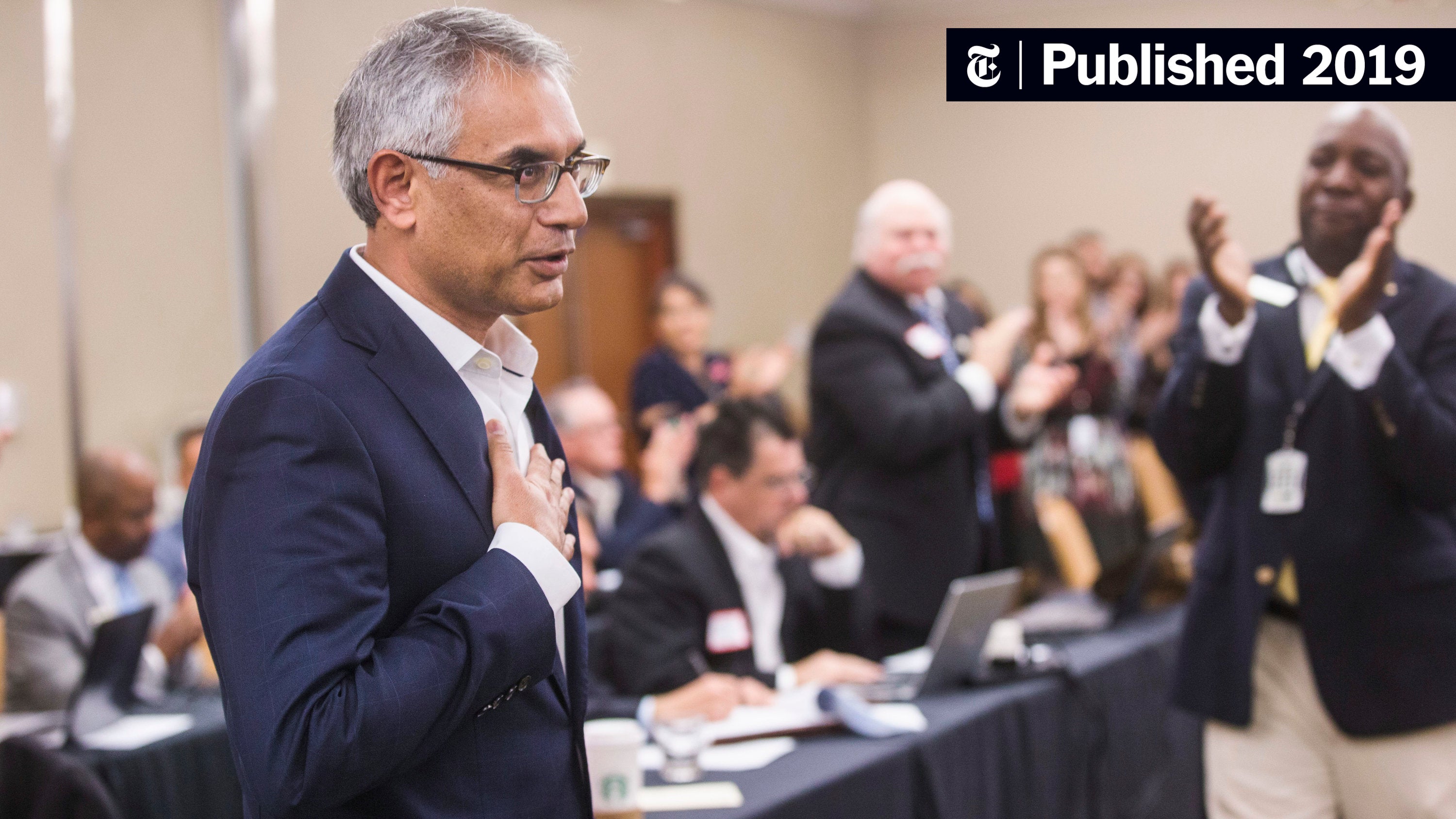Texas Governor Condemns Proposed "Muslim City" Development

Table of Contents
Governor Abbott's Statement and Concerns
Governor Greg Abbott's condemnation of the proposed "Muslim City" development has been swift and unequivocal. His concerns, expressed through official statements and press releases, center primarily on potential violations of existing zoning laws and the broader implications for land use planning within the state. While the Governor has not explicitly cited concerns about religious freedom in his public pronouncements, critics argue that his actions inadvertently raise questions about the separation of church and state and the fair application of zoning regulations to faith-based communities.
- Direct quotes from Governor Abbott’s statement: (Insert direct quotes from official statements if available. If not, paraphrase his key points accurately). For example, "[Insert Quote about concerns regarding zoning laws]" and "[Insert Quote about ensuring fair application of regulations to all communities]".
- Specific concerns raised by the Governor: The Governor's key concern seems to be focused on the adherence to existing Texas zoning laws and ensuring the development meets all required regulations, regardless of its religious affiliation. Concerns about potential strain on local infrastructure and services might also be cited, although this hasn't been explicitly stated.
- Potential legal action: While no specific legal action has been announced, the Governor's strong condemnation suggests the possibility of state-level intervention to review the development plan's compliance with existing laws.
The Proposed "Muslim City" Development: Details and Proponents' Arguments
Details surrounding the proposed "Muslim City" remain scarce, shrouded in a mixture of speculation and official silence from developers. While the exact location and comprehensive plans haven't been publicly released, reports suggest a large-scale development aimed at creating a self-sufficient community centered around Islamic principles.
- Location and size of the proposed development: (Insert details about the location, if available; otherwise, mention it is undisclosed. Provide an estimated size, if known.)
- Key features of the planned community: The proposed development is expected to include mosques, schools, businesses, and residential areas, all designed to cater to the needs of a Muslim community.
- Names and affiliations of the proponents: (If available, list the names and affiliations of the individuals or organizations behind the project.)
- Proponents' arguments: Proponents argue the development will create jobs, stimulate economic growth in the region, and provide a thriving and supportive community for practicing Muslims. They emphasize the project's adherence to all applicable building codes and zoning regulations.
Legal and Constitutional Implications
The proposed "Muslim City" development presents complex legal and constitutional implications, particularly concerning zoning laws, religious freedom, and the First Amendment.
- Relevant zoning laws and regulations in the state of Texas: (Outline the relevant Texas zoning laws and regulations that might apply to this type of development. Detail specific regulations that may be relevant to the size, type of structures, and overall land usage proposed.)
- Potential legal challenges based on religious discrimination claims: Should the development face rejection based on its religious nature, the proponents could potentially bring legal challenges based on claims of religious discrimination, arguing a violation of their First Amendment rights.
- Analysis of the First Amendment's application: The First Amendment's guarantee of religious freedom protects individuals' right to practice their faith freely. However, this right is not absolute and must be balanced against other legitimate government interests, including zoning regulations.
- Potential court cases or legal precedents: (Mention any relevant court cases or legal precedents related to religious land use or zoning disputes.)
Public Reaction and Political Fallout
Governor Abbott's condemnation has sparked a heated public debate, with opinions sharply divided. Conservative groups largely support his stance, while liberal organizations and Muslim advocacy groups have expressed concerns about potential religious discrimination. The political fallout could significantly impact upcoming elections, as the issue has become a focal point for discussions on religious freedom and the role of government in land use planning.
- Summary of public opinion: (If available, include results from public opinion polls or surveys.)
- Statements from prominent political figures: (Include statements from politicians and public figures on both sides of the debate.)
- Analysis of the political fallout: The controversy has the potential to galvanize voters on both sides of the political spectrum, impacting election outcomes and shaping future policy discussions regarding religious freedom and land use regulations in Texas.
Conclusion
The proposed "Muslim City" development in Texas has ignited a multifaceted controversy, pitting Governor Abbott's concerns about zoning laws and responsible land use against proponents' arguments for religious freedom and community building. The potential legal and constitutional implications are significant, highlighting the delicate balance between religious freedom guarantees and the state's authority to regulate land use. The debate exposes underlying tensions regarding religious tolerance, political polarization, and the application of laws to faith-based communities.
Call to Action: Stay informed about the ongoing developments in this controversial “Muslim City” debate in Texas. Follow our website for the latest updates and in-depth analysis of this important issue and its implications for religious freedom and land use across the nation.

Featured Posts
-
 Navi Mumbai Corporations Summer Safety Campaign Aala Unhala Niyam Pala
May 13, 2025
Navi Mumbai Corporations Summer Safety Campaign Aala Unhala Niyam Pala
May 13, 2025 -
 Lara Croft Tomb Raider The Cradle Of Life Characters And Relationships
May 13, 2025
Lara Croft Tomb Raider The Cradle Of Life Characters And Relationships
May 13, 2025 -
 Romski Muzikanti V Prekmurju Zakaj Muzikant In Ne Glasbenik
May 13, 2025
Romski Muzikanti V Prekmurju Zakaj Muzikant In Ne Glasbenik
May 13, 2025 -
 Aws
May 13, 2025
Aws
May 13, 2025 -
 Donde Ver Atalanta Vs Lazio En Vivo Guia Serie A 2025
May 13, 2025
Donde Ver Atalanta Vs Lazio En Vivo Guia Serie A 2025
May 13, 2025
